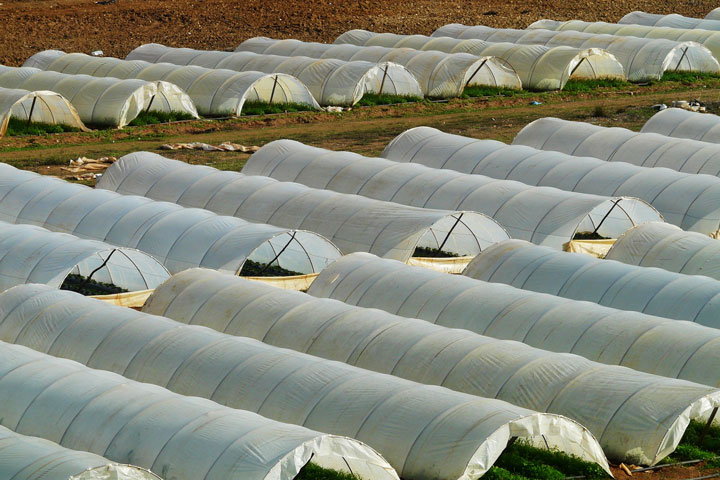Evidence-based, Sustainable Decision-Making for Institutional Food Service Providers
Evidence-based, Sustainable Decision-Making for Institutional Food Service Providers
Evidence-based, Sustainable Decision-Making for Institutional Food Service Providers
Program: Catalyst Grants
Program details » | All Catalyst Grants projects »

Project Team
Greg Keoleian - U-M School for Environment and Sustainability (SEAS) (PI)
Martin Heller - SEAS
Lesli Hoey - U-M Taubman College of Architecture and Urban Planning
Alex Bryan - Michigan Dining
Jeremy Moghtader - U-M Matthaei Botanical Gardens
External Partners:
East Carolina University Dining Services
LaGrasso Brothers Produce
Project Summary
Institutional food service providers have an increasing number of production options to choose from in sourcing fresh, local foods, yet very little information is available to support comparisons of the environmental sustainability of such options. For example, if the local production of salad greens in northern climates requires technological supplementation of heat and light, is it actually better for the environment than shipping those greens in from warmer climates? What does environmental sustainability mean in this context, and how can it be measured?
A major challenge in supporting UM Dining Services and other institutional foodservice providers is that the data necessary to conduct a life cycle assessment (LCA) is lacking. To help overcome this barrier, this project developed and shared a data collection tool to support the collection of data on production inputs and practices, engaged with distant production operators to gather data, and established an operational Freight Farm at the UM Campus Farm for an in-house evaluation and data collection.
Additional Resources
| See: U-M Looking to Grow Research Data — and Lettuce — with Addition of Freight Farm to Campus Farm (Michigan Dining) |
- Download the Alternative Food Production Inventory Data Collection Tool (data log spreadsheet and supporting documentation) on the U-M Center for Sustainable Systems website.
- Learn more about urban, vertical and indoor agriculture, including freight farms, in Spotlight on urban, vertical and indoor agriculture (FRCN Blogs, January 18, 2019).
This project received a $10,000 Catalyst Grant in 2018.